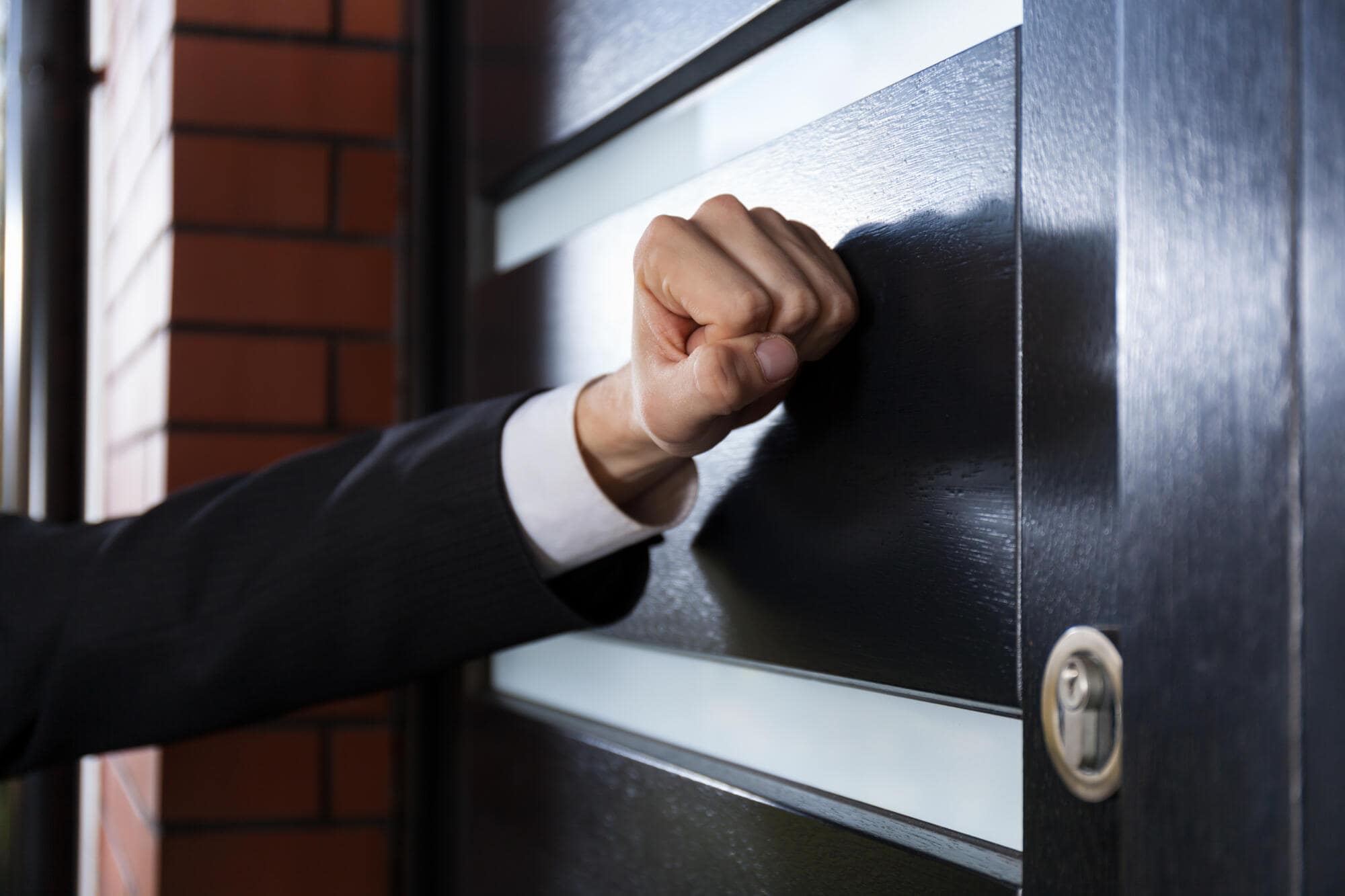Have you ever wondered what keeps top Denver landlords ahead in the game? It's not just about finding the perfect tenant. It's about keeping up with rental property inspections to ensure everything remains in tip-top shape.
These inspections are crucial for maintaining the value of your investment and keeping tenants happy. This article unveils how frequently you should inspect your rental properties in Denver, CO, to balance legal compliance and tenant privacy. Discover why setting the right inspection schedule can not only preserve but enhance the longevity and profitability of your real estate investments.
Importance of Regular Rental Property Inspections
Regular inspections are a cornerstone of successful property management. They ensure that the value of a property is maintained over time.
Through frequent checks, landlords can spot potential issues early, from leaky faucets to cracks in the foundation, preventing costly repairs down the line. This proactive approach not only preserves the property but also boosts tenant satisfaction, as renters appreciate living in well-maintained environments.
Legal and Local Requirements
In Denver, the local housing regulations require landlords to conduct certain inspections routinely to stay compliant with safety and health standards. While the specific landlord inspection frequency can vary, experts generally recommend at least annual checks to ensure compliance with these regulations.
Some local laws also mandate more frequent inspections for older properties or those located in areas prone to environmental wear and tear to emphasize the need for landlords to be well-informed and proactive in their scheduling.
Recommended Inspection Frequency
The ideal inspection schedule involves a balance between being thorough and respecting tenant privacy. For most rental properties in Denver, conducting an inspection at move-in, move-out, and then semi-annually is considered best practice. This schedule allows landlords to address issues promptly while minimizing disruption to tenants.
It's a strategic approach that helps maintain the property in prime condition and mitigates the risk of larger, unaddressed problems developing over time.
Best Practices for Conducting Inspections
When it comes to conducting inspections, there are several property management best practices to follow. Landlords need to provide tenants with adequate notice before an inspection, typically at least 24 hours.
Inspections should be thorough yet efficient, focusing on key areas prone to wear and tear such as the roof, plumbing systems, and electrical systems. Documenting all findings is crucial. It creates a record that can be referred back to for future maintenance or in case of disputes.
By adhering to these practices, landlords uphold their landlord responsibilities and ensure a professional relationship with their tenants.
Safeguard Your Investment
Regular rental property inspections are essential for any successful landlord in Denver. They help ensure rental property maintenance is up to par and enhance tenant satisfaction, ultimately securing your investment's value. By adopting a strategic inspection schedule, landlords can meet all their responsibilities and keep operations running smoothly.
At Hyve, we understand these dynamics because we are committed to providing seamless property management solutions. With our expertise in managing diverse properties and our dedication to fostering positive relationships, we ensure that every landlord feels like part of our family. Contact Hyve today and let us take care of the rest.


